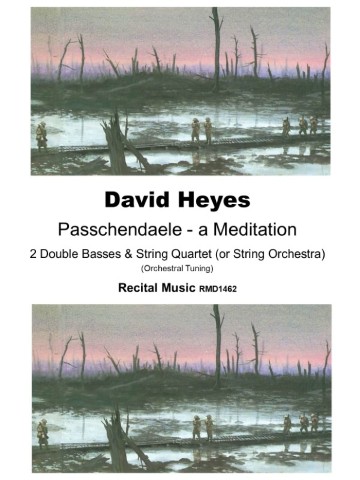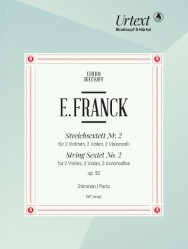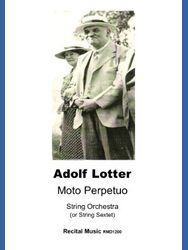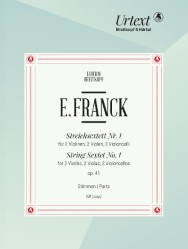Passchendaele – a Meditation
Orchestral Tuning

Composer: Heyes, David
Instrumentation: 2 Double Basses and String Quartet
Publisher Recital Music
Passchendaele – a Meditation was inspired by an iconic photograph of Australian gunners on a duckboard track in Château Wood near Hooge taken by Frank…
Page ? of ?
Digital Download – PDF
Shipping costs: No shipping
R.R.P £10.00
Our Price: £8.50



